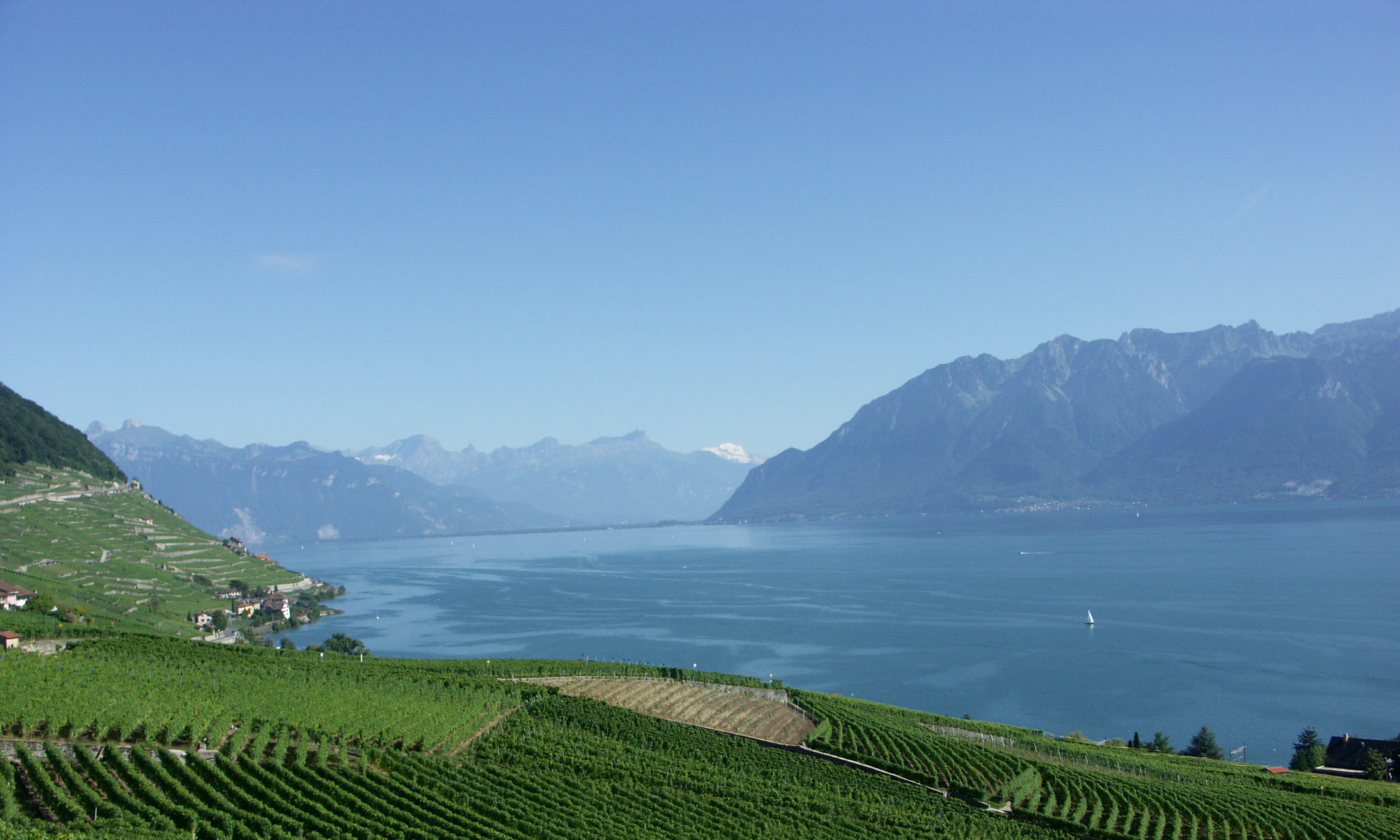To reply to this question use the “Leave a reply” box/field at the bottom of this page.
25 Replies to “Question 7: Meteorology and hydrology in many countries are dealt with by different government organizations. What is your suggestion to make the WMO structure better adapted to the reality of such management of different sectors, to promote more effectively coordination of meteorology and hydrology in Member countries?”
Comments are closed.


1. Working under one roof may not necessarily increase cooperation if Hydrologists do not value Meteorologists and Meteorologists value hydrologists. On way of valuing each other and increase mutual respect and recognition of the natural dependence is to exchange data effectively. In some cases, Weather Services are reluctant on this. Also, WMO may need to recheck and re-assess its equal connection to both Met offices and NHS.
2. Countries to have two Representatives at WMO; One for Hydrology and the other for Meteorology. If it is necessary to have one, it can be in a rotational base between Meteorology and Hydrology and each time the representative should carry agenda from both hydrology and meteorology. As it is now, hydrology is like in the background and meteorology in the forefront. This can be one of the reasons of less performance of the Hydrological Projects like WHYCOS projects in some areas
In Russia, both hydrology and meteorology are subordinate to one agency, i.e. Roshydromet. Such a solution is quite effective for Russia with its vast territory, since it allows to solve not only specific problems of operational hydrology and operational meteorology, but also more complex, integrated hydrometeorological tasks that require the joint efforts of hydrologists and meteorologists.
Mi sugerencia es que se tenga un único representante por país, que sea el encargado de coordinar entre las instituciones locales y la WMO. La comunicación oportuna y efectiva siempre será la clave del éxito en cualquier tarea de coordinación. La WMO debe darse a conocer en los países miembros, tener mayor divulgación de como esta constituida, de las tareas que realiza y de los proyectos que desea desarrollar.
7. Meteorological services and hydrological services are in one organization in about a half of European countries. In my country they are under one roof and it works well. Both alternatives are possible and a final effect depends on good relations and cooperation. Reciprocal exchange of data and products is necessary for it. But a close cooperation of NHSs with other water dealing bodies is also very important, e.g. with river basin agencies. Concurrently with a tense water balance and an expected shortage of water in some part of the world the cooperation will get needful and needful. In this field also the WMO should promote contacts with other international water agencies.
I think that the solution could be exactly the hydrological cycle. Try to persuade either of the groups that the hydrological cycle should be studied as a whole, and that in doing so each group can be beneficial to the other. Hydrologists need the information on precipitation or evaporation in their balance models, meteorologists, on the other hand, may benefit from the information on river discharge and water levels in lakes. While discharge, to a certain extent, integrates the processes occurring in a catchment and its measured values may be used to calibrate various models, measured water levels in lakes may be helpful when estimating the magnitude of evaporation in some regions. Also, nowadays, both hydrologists and climatologists should share their experience with the processing of remote sensing data, which could tie the two groups as well.